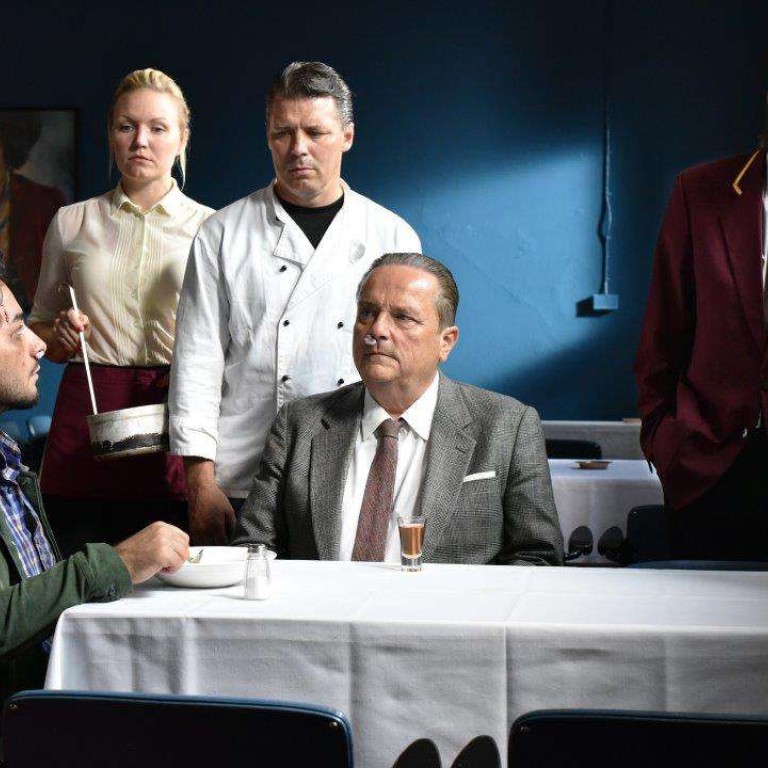
Best of Berlin 2017: On Body and Soul wins the Golden Bear, Aki Kaurismäki and Sally Potter
Political films dominate the Berlin film festival and reflect the world situation, although a Hungarian romance set in an abattoir wins the Golden Bear
The Berlin International Film Festival has often marked itself out as one of the most political of cinema’s annual get-togethers and the 67th edition was no different. Amid a year of turbulence and instability in Europe and America, the Berlinale’s director Dieter Kosslick remarked that “a spectre is haunting us – not only in Europe,” and there can be no doubt that among the diverse array of films on show, many were taking the temperature of the world.
Arguably, the most well-known directors playing in competition – Aki Kaurismäki and Sally Potter – both produced pertinent works seasoned with humour. Kaurismäki’s The Other Side of Hope was typical of the Finnish filmmaker, with its droll, deadpan style. But simmering beneath this story of a Syrian refugee (Sherwan Haji), who makes his way to Helsinki only to come up against Finnish bureaucracy as he seeks asylum, is anger, perhaps hitherto unseen in the director’s work. Quite rightly, it claimed the Silver Bear for best director.
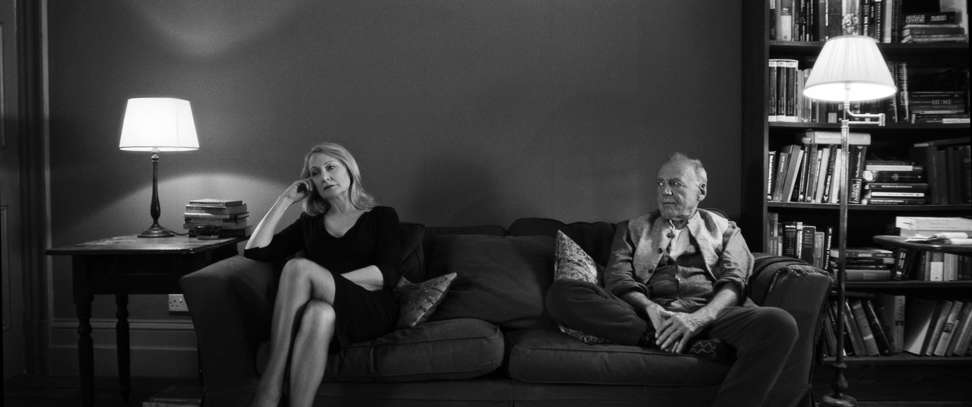
Likewise, Potter’s film The Party felt like a state of the nation address. Featuring an impressive cast, Kristin Scott Thomas plays a British politician who hosts a soirée to celebrate her promotion to Shadow Minister for Health in the country’s opposition party. Shot in black-and-white, a deliberate nod to the 1960s cinematic touchstones such as Mike Nichols’ Who’s Afraid of Virginia Woolf? , Potter’s witty script sees a gathering of bourgeois liberals face some home truths in a story that seems uncannily timed for a post-Brexit Britain.
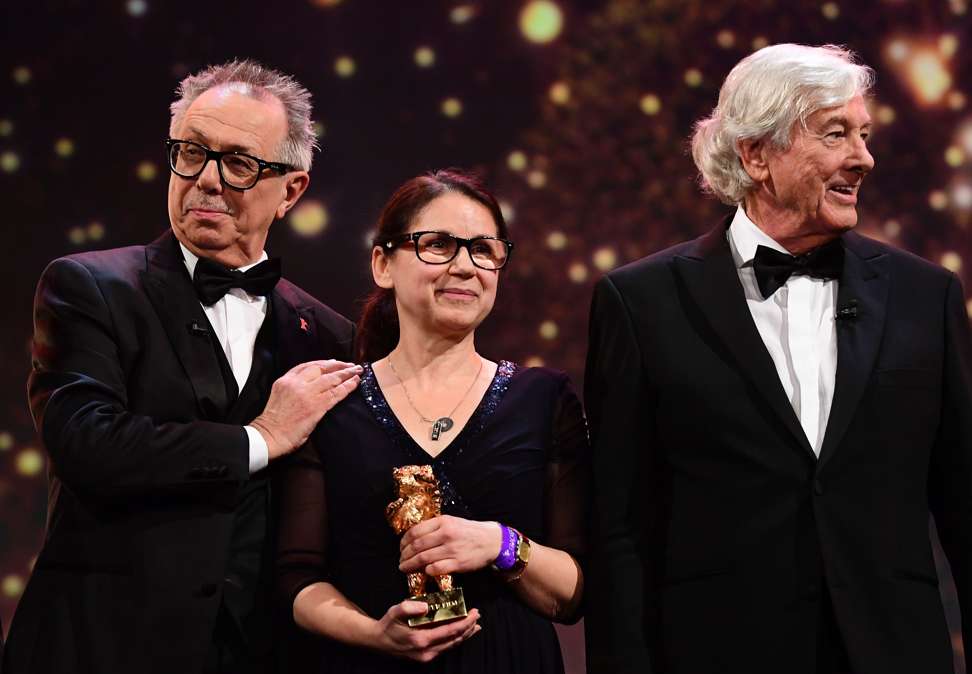
So often a festival that showcases American cinema – the likes of Hail, Caesar! and The Grand Budapest Hotel have opened the event in the past – this year felt like a snub, certainly to Hollywood. The appearance of James Mangold’s Logan, a particularly violent swansong for Hugh Jackman’s mutant X-Men superhero Wolverine, played like an afterthought – unspooling out of competition on the final Friday with most critics already gone.
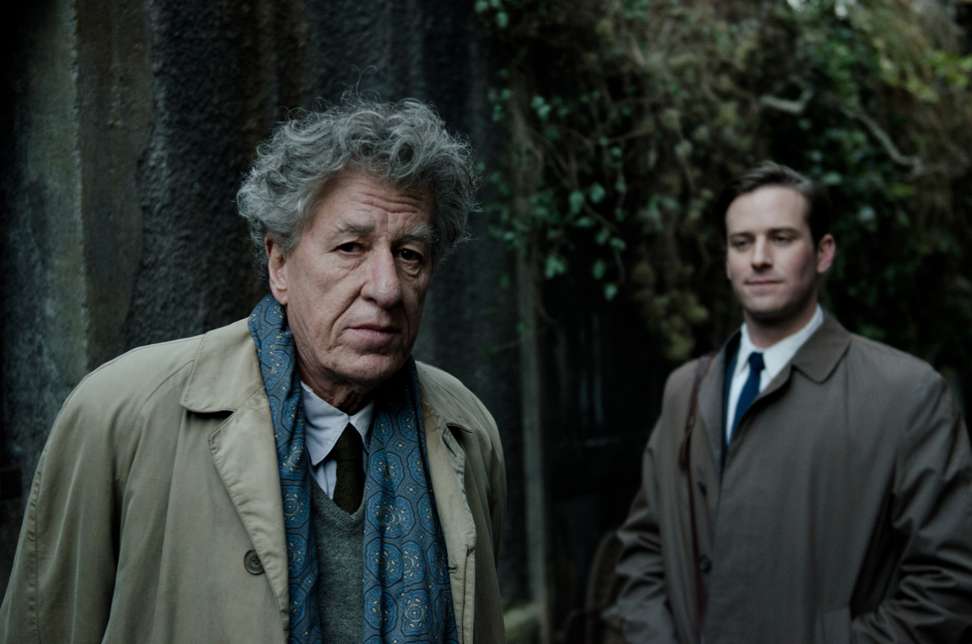
Of the other US films on show, actor-director Stanley Tucci’s Final Portrait was all but European. It’s a lightweight but enjoyable study of the Swiss painter and sculptor Alberto Giacometti (a marvellous Geoffrey Rush), seen through the eyes of James Lord (Armie Hammer), an American writer who arrives at his Parisian studio to sit – endlessly, as it turns out – for a portrait. The eccentricities of Giacometti, hiding wads of cash in his studio and paying off pimps so he can enjoy the company of his favourite prostitute are neatly captured.
The only American film in competition was Oren Moverman’s The Dinner, a rather uneven tale of two troubled brothers (Steve Coogan and Richard Gere) who meet with their respective wives (Laura Linney and Rebecca Hall) at an exclusive New England restaurant for a night of revelations and recriminations. Gere is well cast as a well-heeled congressman running for governor; less so Coogan, as the embittered brother suffering from mental health problems. Weighed down with flashbacks that frequently destroyed the rhythm of the film, it was a largely unsatisfying experience.
Asian cinema, on the other hand, was well served this year. Although not an official part of the festival, the inaugural Asian Brilliant Stars event celebrated actors, directors, producers and writers from the continent. Amongst those on stage was Chinese author-turned-filmmaker Xu Haofeng (whose credits include The Final Master and the upcoming The Hidden Sword), who was awarded the ABS’ best director.
Have a Nice Day was the first Chinese animated film to play in competition at the Berlinale. Directed by animator Liu Jian, this modern-day film noir felt Coen brothers-like in its tale of a hapless group of characters chasing after a bag of money. The director, who remarkably animated the majority of the film himself, even managed a Brexit joke, when one character notes there’s no point going to the UK now it’s leaving Europe.
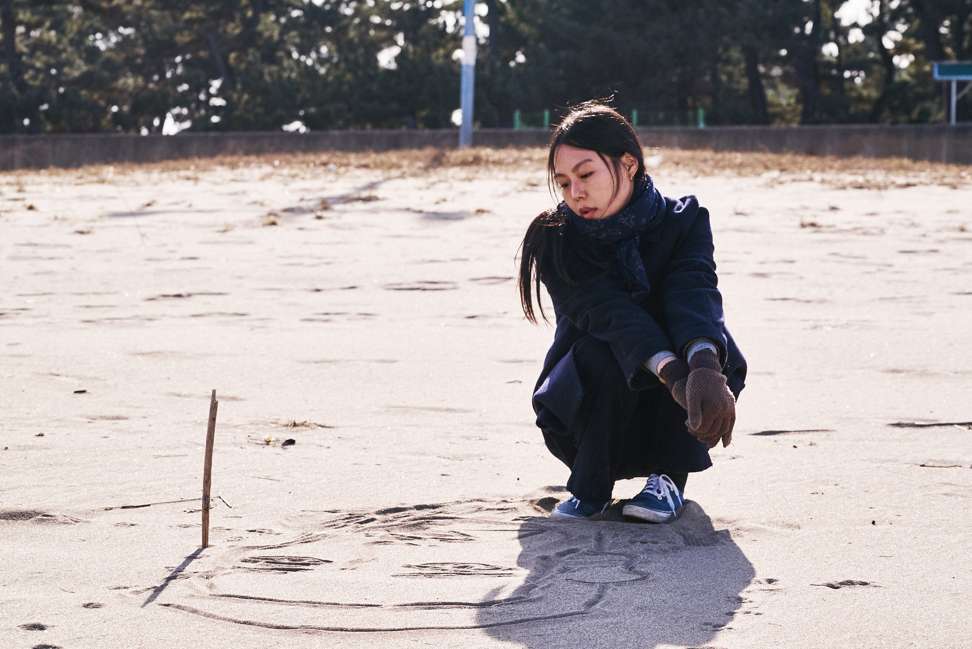
Also in competition, South Korean director Hong Sang-soo returned with On the Beach at Night Alone, a two-part story about a young actress named Younghee (Kim Min-hee) recovering from a failed relationship. Already winning plaudits for her work in The Handmaiden , Kim was named best actress for her performance. Awarding her the prize, Mexican actor and jury member Diego Luna commented “you can’t stop watching her” – and, even in this minor-key tale, she captivates the screen.
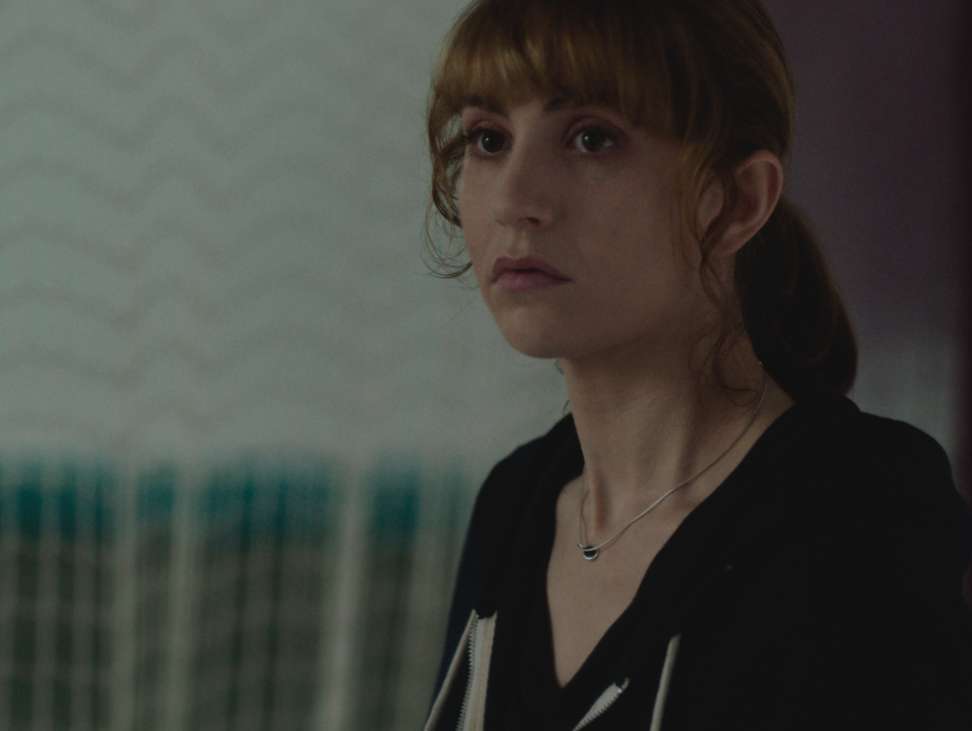
One of the best female performances I saw was by Lolita Chammah, daughter to Isabelle Huppert, in Laura Schroeder’s Barrage, playing in the Forum section of the festival. Set in Luxembourg, Chammah plays Catherine, who returns home after a protracted absence due to problems with drugs and mental illness. She reunites with her daughter Alba (Themis Pauwels), who has been looked after by Catherine’s strict mother Elisabeth (Huppert). The result was sensitive, surprising filmmaking.
Back in the competition, although it went home empty-handed, Return to Montauk saw the return of veteran German auteur Volker Schlöndorff (The Tin Drum). As befits a director nearing 80, this was a rather slow-moving tale of an author (Stellan Skarsgard) on a book tour in New York who looks up the love of his life (Nina Hoss) to see if there is any chance of rekindling the romance. For all its faults, Skarsgard is a performer who is impossible to resist; like Kim, he can make even the most middlebrow fare intoxicating.
Two of the most striking films, both of which have already premiered at Sundance and were played in the Panorama programme in Berlin, also dealt with male desire. British director Francis Lee’s God’s Own Country was a red-raw tale set in a Yorkshire farming community, where a young lad (Josh O’Connor) finds companionship and more with a Romanian farmhand (Alec Secareanu) who arrives to help out on his family’s ailing farm. Calling it the British Brokeback Mountain is not so wide of the mark.
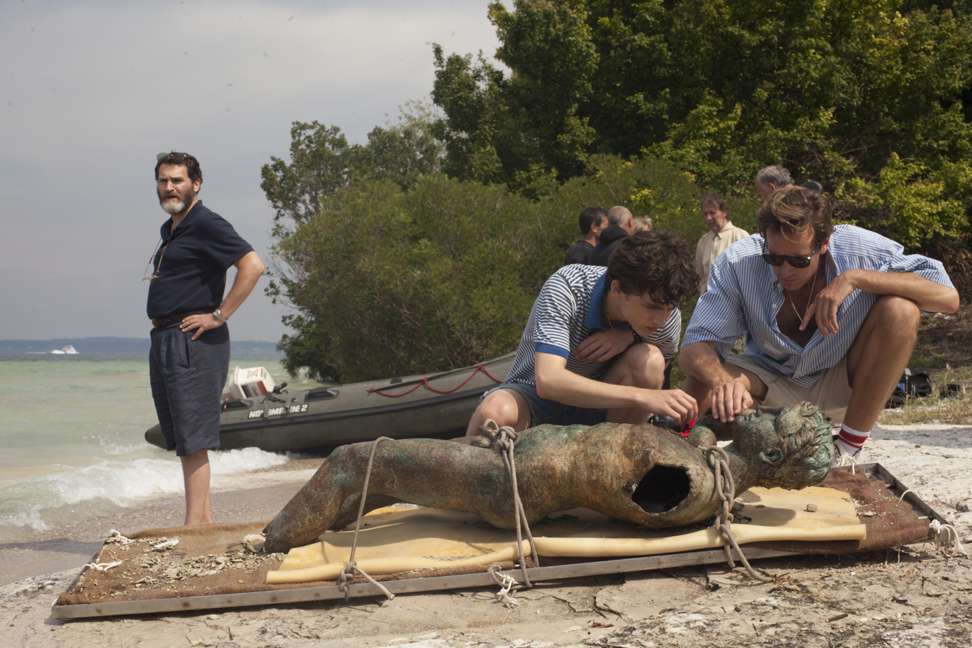
Meanwhile, Luca Guadagnino’s Call Me by Your Name is a naturalistic coming-of-age story set in a sun-dappled rural Italy in the early ’80s. While the headline name once again is Armie Hammer, the breakout performance comes from Timothee Chalamet as an adolescent who falls for Hammer’s older family friend. Sensuous and lush, it’s a tear-strewn masterpiece, far more complete than Guadagnino’s last film, A Bigger Splash .
In a sub-zero Berlin, it’s the sort of film that makes you long for lazy Mediterranean days.
Want more articles like this? Follow SCMP Film on Facebook

 (1).JPG?itok=0BHk6odg&v=1665981271)